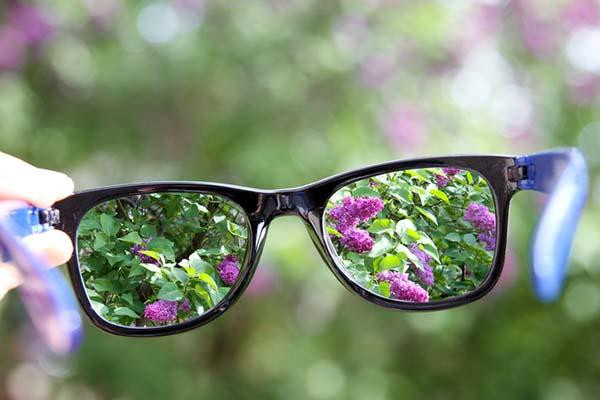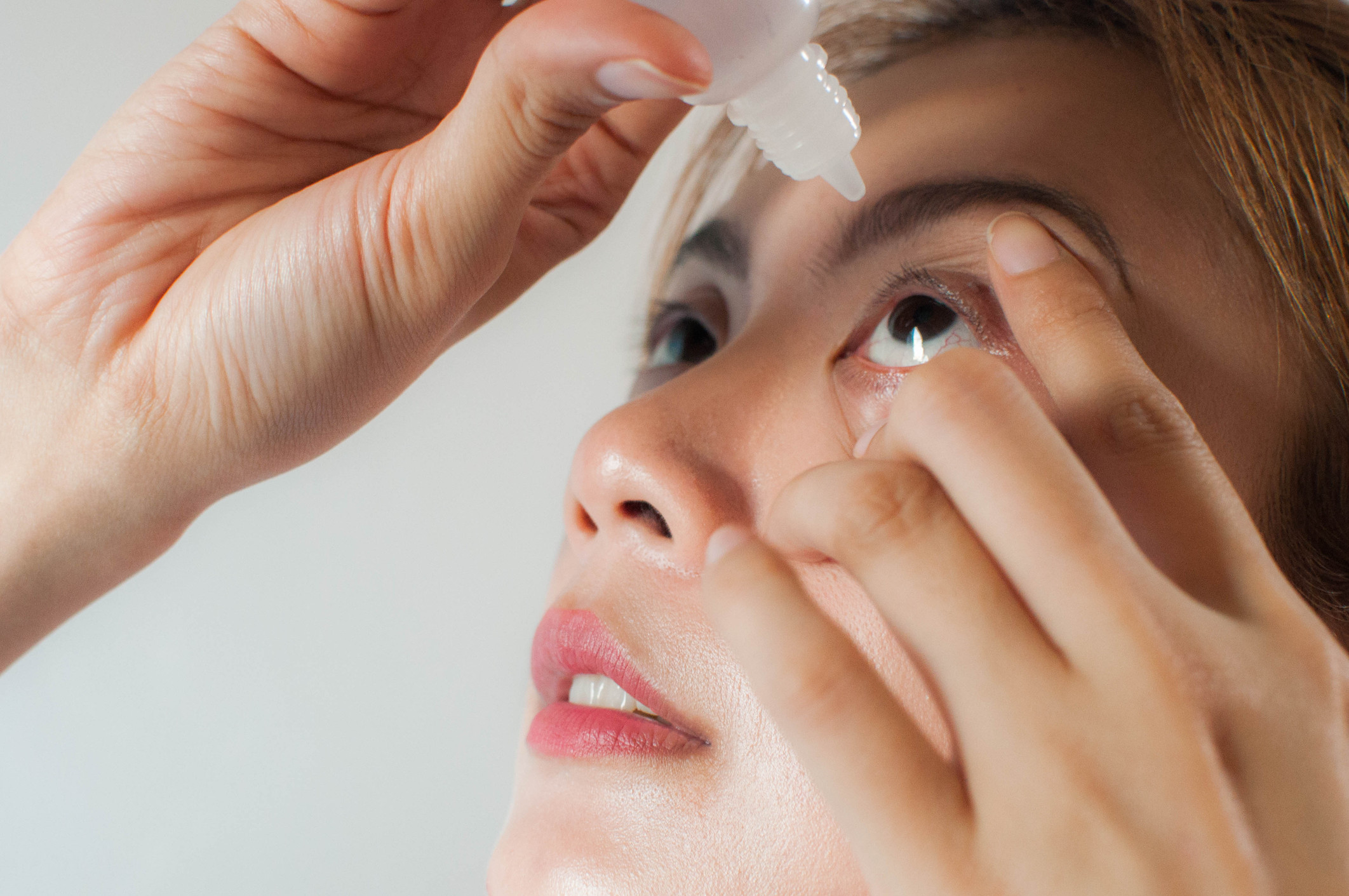
Trying to lose weight? Be careful not to lose muscle

Is your skin problem actually an autoimmune condition?

People with diabetes face higher risk of hearing loss

Antibiotic-free fixes for recurrent UTIs

Musculoskeletal syndrome of menopause: When menopause makes you ache all over

When can older women stop getting mammograms?

To lose weight, especially harmful belly fat, combine diet and exercise

Can men hold off on treating recurring prostate cancer?

The 7 types of rest and why we need them all

What are the early warning signs of cervical cancer?
Eye Health Archive
Articles
When vision problems are actually migraine attacks
Two kinds of migraine involve visual disturbances, such as strange, flickering light patterns. One type is migraine with aura, caused by brain activity. The other is ocular migraine, caused by blood vessel problems in the eye. The attacks may or may not be accompanied by a headache. Drugs called triptans might help soothe migraine with aura. Doctors don’t have a way to stop an ocular migraine attack as it’s occurring. For many people, the only way to cope is resting and waiting until the symptoms go away.
Try this: Soothe those dry eyes
Many home remedies can soothe tired, dry eyes, such as applying warm compresses, taking regular breaks from electronics, staying hydrated, and using artificial tears. People who struggle using eye drops can try over-the-counter devices that make application easier.
Don't overlook blood pressure control when you have glaucoma
Blood pressure problems might contribute to glaucoma, a condition that damages the optic nerves and causes vision loss. If blood pressure is too low, for example, blood flow to the optic nerves might decrease. That could deprive the optic nerves of oxygen and nutrients, resulting in nerve damage. High blood pressure might also reduce blood flow to the optic nerves, by damaging the blood vessels that supply the nerves. If glaucoma gets worse despite treatment, blood pressure should be considered as a factor.

Trying to lose weight? Be careful not to lose muscle

Is your skin problem actually an autoimmune condition?

People with diabetes face higher risk of hearing loss

Antibiotic-free fixes for recurrent UTIs

Musculoskeletal syndrome of menopause: When menopause makes you ache all over

When can older women stop getting mammograms?

To lose weight, especially harmful belly fat, combine diet and exercise

Can men hold off on treating recurring prostate cancer?

The 7 types of rest and why we need them all

What are the early warning signs of cervical cancer?
Free Healthbeat Signup
Get the latest in health news delivered to your inbox!
Sign Up








